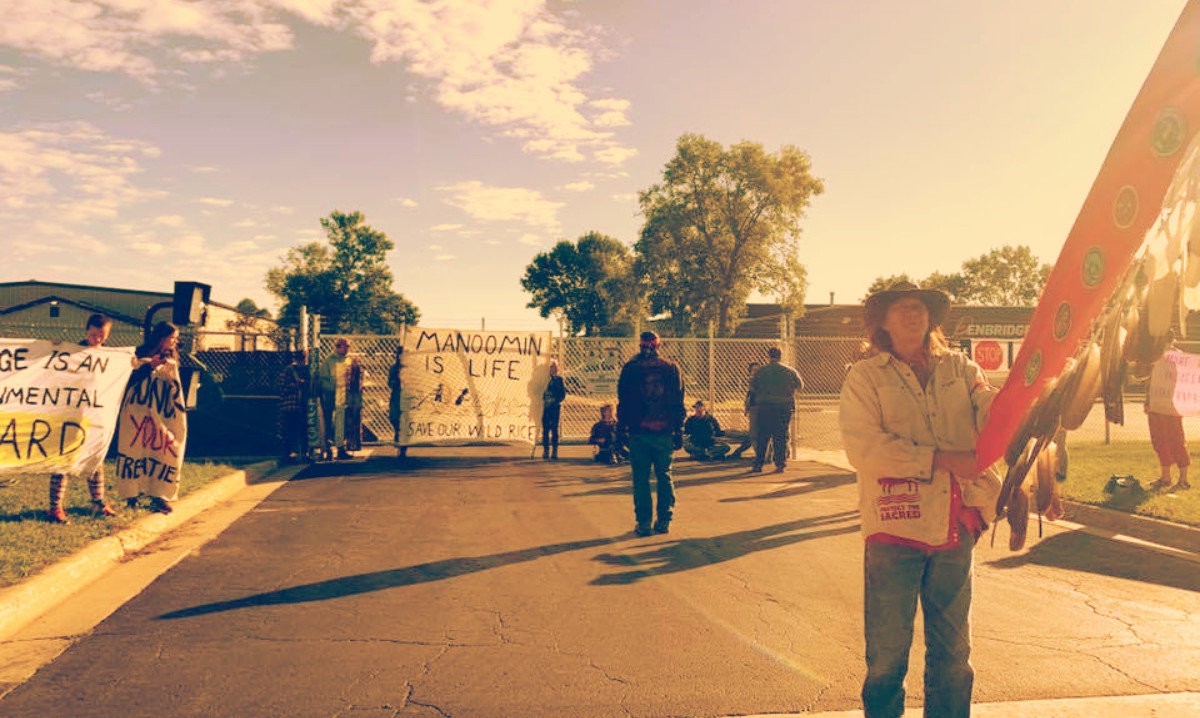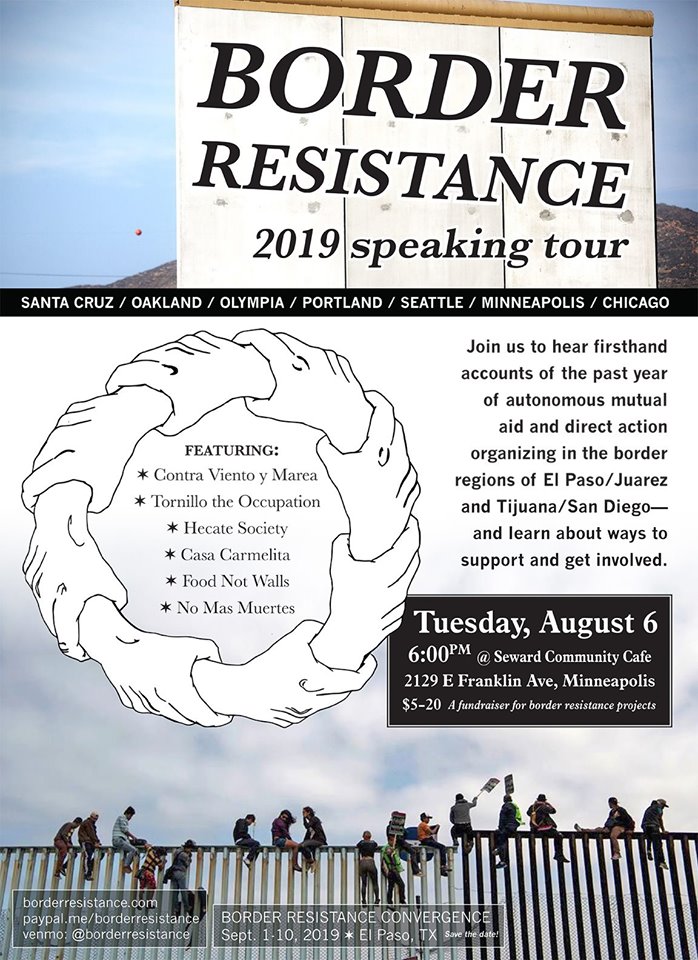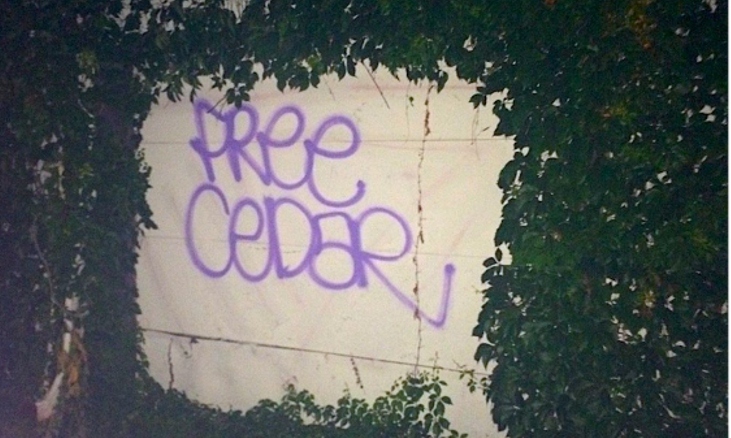Anonymous submission to Conflict Minnesota
On some recent sunny evenings in south Minneapolis, an advertised reading group met to discuss the book Joyful Militancy. One of the discussions was framed with a question posed by the book: “How do we create situations where we feel more alive and capable than before?”
The book primarily draws from the philosophy of Baruch Spinoza, which would be difficult to summarize here but I will attempt to quickly explain the relevant concepts as I go along for those who are unfamiliar. To make it easier I’m actually going to start with ideas proposed in the essay “Robot Seals as Counter Insurgency” which is cited by Joyful Militancy. The essay suggests:
“There is no category of ‘friend’, just as there is no ‘community’, there is only the experience of becoming friends, and of finding power in one another.”
This finding power in one another is what the authors of Joyful Militancy, following Spinoza, call joy. It’s an affect, not an emotion, which has certainly led to some confusion. The opposite of joy is what Spinoza called sadness, by which we become separated from our power of acting. He saw sadness as an affect needed by the ‘powers that be’ to keep their subjects powerless—something that those he’s influenced have continued to expand on.
Notably, many see the atomization and individualizing forms of life that are pervasive today as means by which powerlessness is proliferated. The essay “Robot Seals” proposes a possible response of finding power in one another “by redefining the self: not as some singular entity, but as that which is co-created through the process of friendship.”
I see this as pointing to a density of affective relationships that draw us into struggle against domination. We are drawn not out of duty, which would be a moral position, nor individualized self-interest, but as a collective instinct. This collective instinct is what could be called an ethical disposition.
To put it simply, it may be that we have to find ways to spread joyful affects to short circuit the sad affects this world proliferates. There’s a quite philosophical language being employed here but the meaning is very practical. If we are kept powerless through atomization, then perhaps we can find power in building a life in common with others—and not simply in terms of collective living situations. If the economy saps so much of our time and energy—needing to work to pay for rent, for food, etc.—perhaps can we find ways to loosen its grip on our lives together.
These questions have been asked before, and most often the answer tends to be counter-cultural, or lifestylist. But in connecting the spread of joyful affects with the reduction of sad affects, we can see a different answer emerge, that of destitution. Destitution is the a name a few have given to a certain fusion of living and struggling, a living that inevitably entails conflict with order.
In their book Now, the Invisible Committee summarize it swiftly:
“The destituent gesture is thus desertion and attack, creation and wrecking, and all at once, in the same gesture.”
I opened with the question “how do we create situations where we feel more alive and capable than before?” I see this practice of destitution as a compelling response.
Postscript on Spinoza
My reading of Spinoza comes from Gilles Deleuze’s first lecture on the philosopher, which is cited in Joyful Militancy as well. I haven’t given many of his concepts the space they require for a full elaboration, and hope that more critical readers bear that in mind.
The phrase ‘powers that be’ is taken from Deleuze’s lecture, while Joyful Militancy, “Robot Seals” and others have taken up the term Empire in its place. I’ve chosen to omit the word Empire only in order to avoid also taking up its theoretical history, even if I do find it more useful in the end.
Regarding philosophy or theory in general, I should note that I have never attended University, nor have I ever read a word of it in school.













